Polygon CDK: Your Guide to Sovereign L2 Scaling, From A to ZK

Polygon CDK (Chain Development Kit) makes it easy for developers to design and launch zero-knowledge (ZK) L2s on Ethereum, on demand. In the future, Polygon CDK-deployed chains can be interoperable and unified within a broader web of ZK-powered L2s in the Polygon CDK ecosystem.
So why is this important for Ethereum scaling?
Right now, it’s easy for anyone to create, lookup, and share information on the web, without worrying about internet capacity. Capacity can be added with more servers whenever new users come online. So for all practical purposes, the internet is infinitely scalable: more demand meets more supply, no problem, in an environment that is unified.
Polygon CDK unlocks this same level of scale, but for Ethereum. With Polygon CDK, any project can launch a new blockchain for any application-specific purpose. Instead of moving information around, like the internet, users can program and transfer value, be it tokens, coins, NFTs, or anything that is considered valuable.
With Polygon CDK, developers can launch more supply whenever there is demand. By building with Polygon CDK, applications can become appchains, and alternative Layer 1s can become bustling L2s with a trustless bridge to Ethereum.
Here’s a quick rundown of what Polygon CDK is, who it’s for, and why it matters.
What is Polygon CDK?
Polygon CDK is a collection of open source software components for easily launching ZK-powered L2 chains on Ethereum, enabling the unlimited scalability promise of Polygon 2.0.
The core value props of Polygon CDK are:
ZK security: ZK proofs cannot be generated for an invalid state transition, which means secure bridging between Ethereum and Polygon CDK chains with no 7-day withdrawal delay.
Full sovereignty & customizability: Full design control by developers over appchains built with Polygon CDK, including governance and other configurations. Regardless of the use-case or project, devs building with Polygon CDK may use any part of the stack that they want, and none of the parts they don’t.
Future interoperability: A unified LxLy bridge and interop layer will eventually allow all CDK-deployed chains to be interoperable. In practice, this will create a unified ecosystem, with atomic L2-to-L2 transactions that can occur near instantly.
Ethereum liquidity: Leverage ZK tech to tap Ethereum liquidity.
Polygon CDK, Today
Polygon CDK is open source and available for anyone to build with, right now. The current version of Polygon CDK is optimal for existing EVM-based dApps that need the flexibility of an appchain and don’t require permissioned features.
Today, there are two available configurations with Polygon CDK: rollup mode and validium mode.
Rollup mode: Fast settlement. Transaction data is posted to Ethereum, which means greater security, but slightly higher fees than with a validium. A good choice for appchains that want to provide high-value users with the strongest security guarantees or users who want visibility into what’s occurring on-chain.
- Great for public general purpose chains, blue-chip DeFi, etc.
Validium mode: Fast and cheap settlement. Transaction data is stored off-chain, reducing the costs of posting calldata to Ethereum. A good choice for appchains with high-throughput activity.
- Customizable DAC: Build-your-own data availability committee (DAC) to store transaction data.
- Great for gaming, social apps, etc.
A number of features, such as custom native gas tokens and allowlists, are still in testnet or being audited. Polygon CDK is a tech-stack in progress and its feature set will grow considerably with each release.
Polygon CDK, February Release
The available configurations for projects building with Polygon CDK will grow in the coming months. The public testnet for the next release will launch in December. This will allow developers to deploy smart contracts and build in a validium environment before needing to deploy anything themselves. Once it’s audited, a production-ready release will follow, in Q1 2024. The features that will be available in this release include:
- Support for a chain’s native token, which can be used to pay for gas
- Allow-lists for smart contracts and transactions
- Step one of the interop layer, a unified LxLy bridge for all Polygon CDK chains that opt in
The next release of Polygon CDK will best suit those projects launching a new chain, those that require permissioned access to transact on-chain, and appchains that require tx fees paid for in their own native token.
This release of Polygon CDK will be supported by several top-tier implementation providers. These IPs can provide projects with a range of white-glove services, from testnets to full production implementations that meet every specification.
Polygon CDK, Next Year
Polygon 2.0 is a broader vision for the future of Polygon blockspace. It’s an ambitious, long-term plan for creating unlimited, low-cost, L2 blockspace. Polygon 2.0 will unite Polygon protocols, including all Polygon CDK chains, via a unified LxLy bridge and novel interop layer.
These are the 2.0 implementations expected in 2024 and the features they will enable for Polygon CDK chains:
- Interoperability Layer: Built atop the unified LxLy bridge, the interop layer unifies liquidity among all Polygon CDK chains and makes it possible to perform near-instant, atomic L2 <> L2 transactions.
- Staking hub: Where network participants can secure Polygon protocols by staking the native token for Polygon.
- Shared sequencing: Support for third-party decentralized sequencing solutions.
Polygon CDK is the sovereign chain lego that enables the unlimited scalability of Polygon 2.0.
Who is building with Polygon CDK?
There are many projects already building or committed to building with Polygon CDK, including:
Immutable ○ OKX ○ Near ○ Astar ○ Canto ○ Gnosis Pay ○ Palm Network ○ Aavegotchi ○ CapX ○ Wirex ○ IDEX ○ Nubank ○ Nexon ○ GameSwift ○ Powerloom ○ Manta Network
Tune into the blog and our social channels to keep up with updates about the Polygon ecosystem.
Together, we can build an equitable future for all through the mass adoption of Web3!
Website | Twitter | Developer Twitter | Forum | Telegram | Reddit | Discord | Instagram | Facebook | LinkedIn



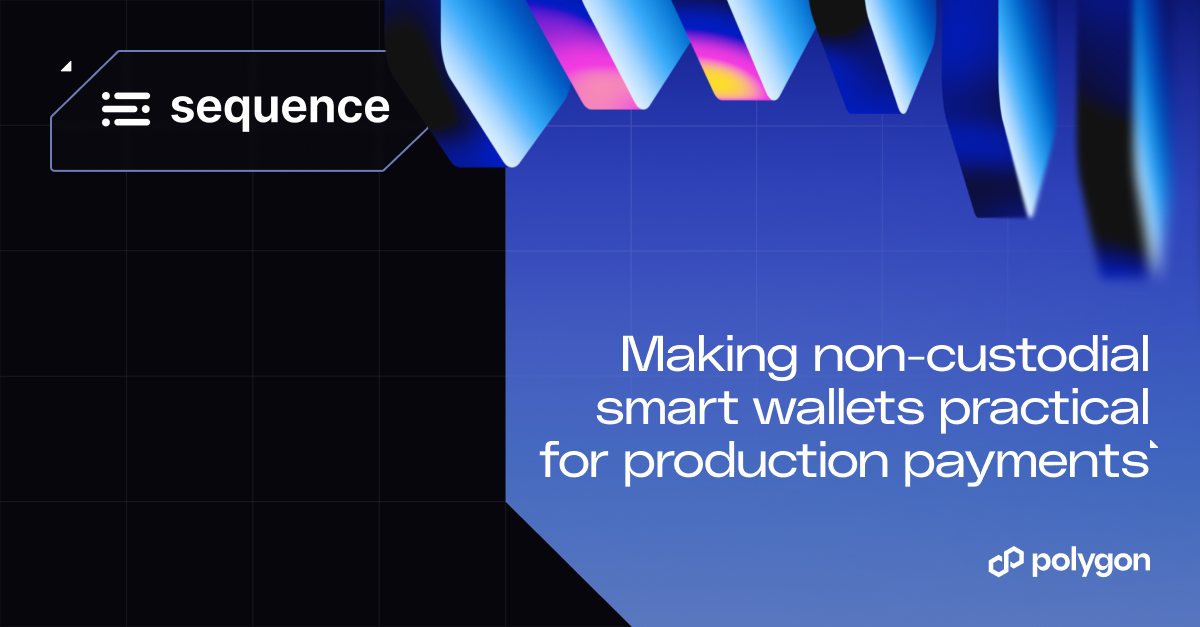


.jpg)
.jpg)
.png)

.png)

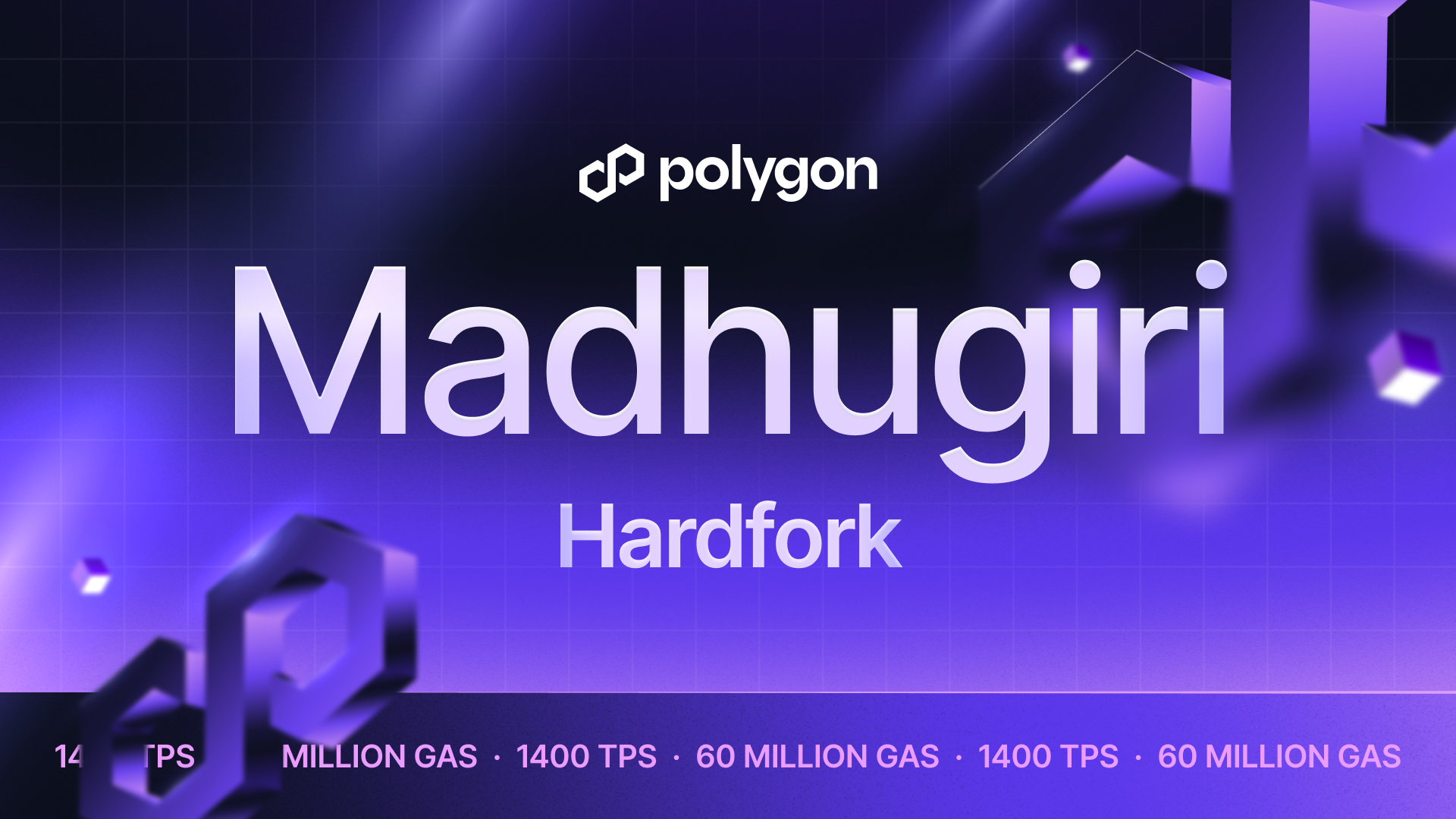
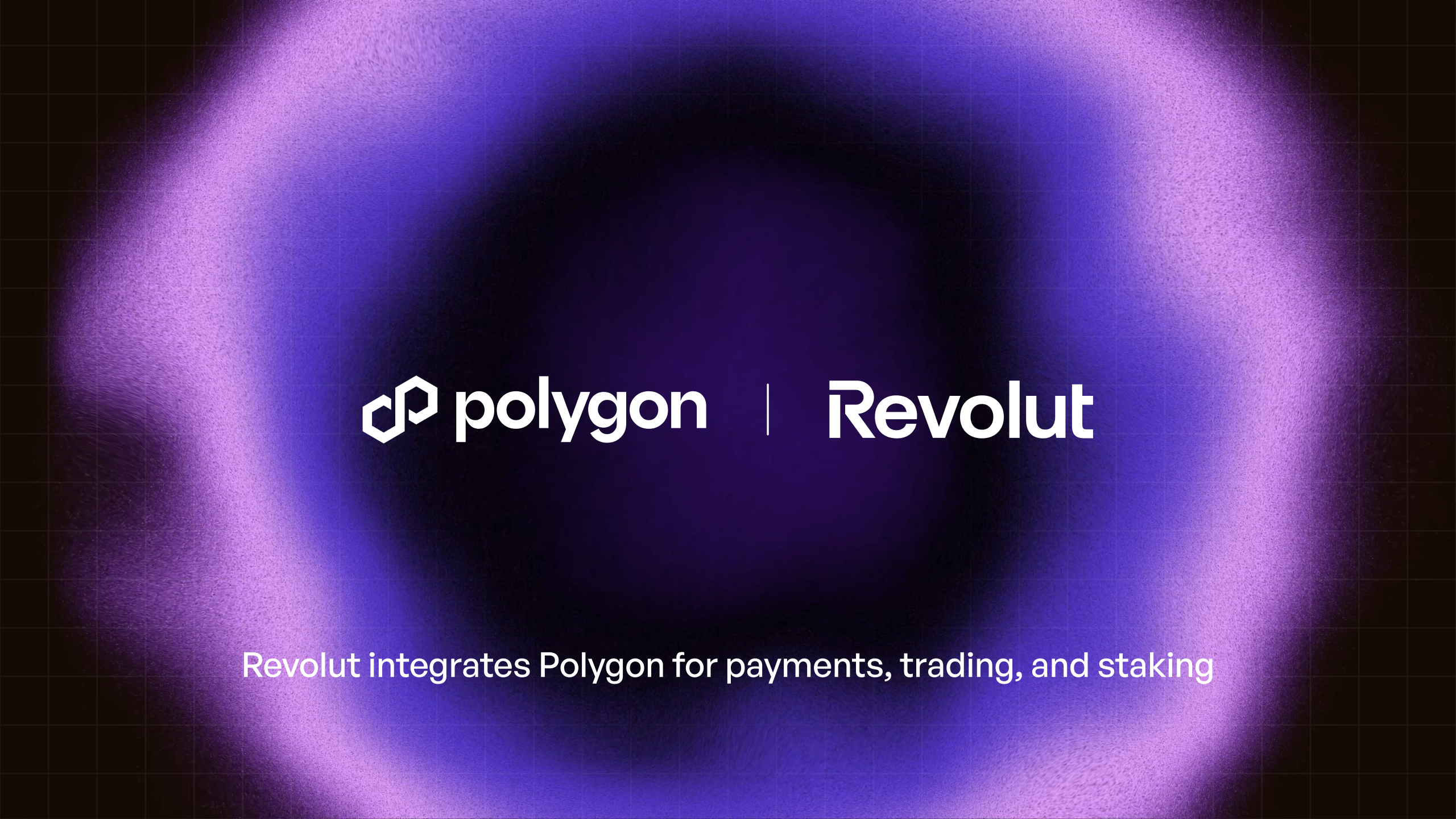
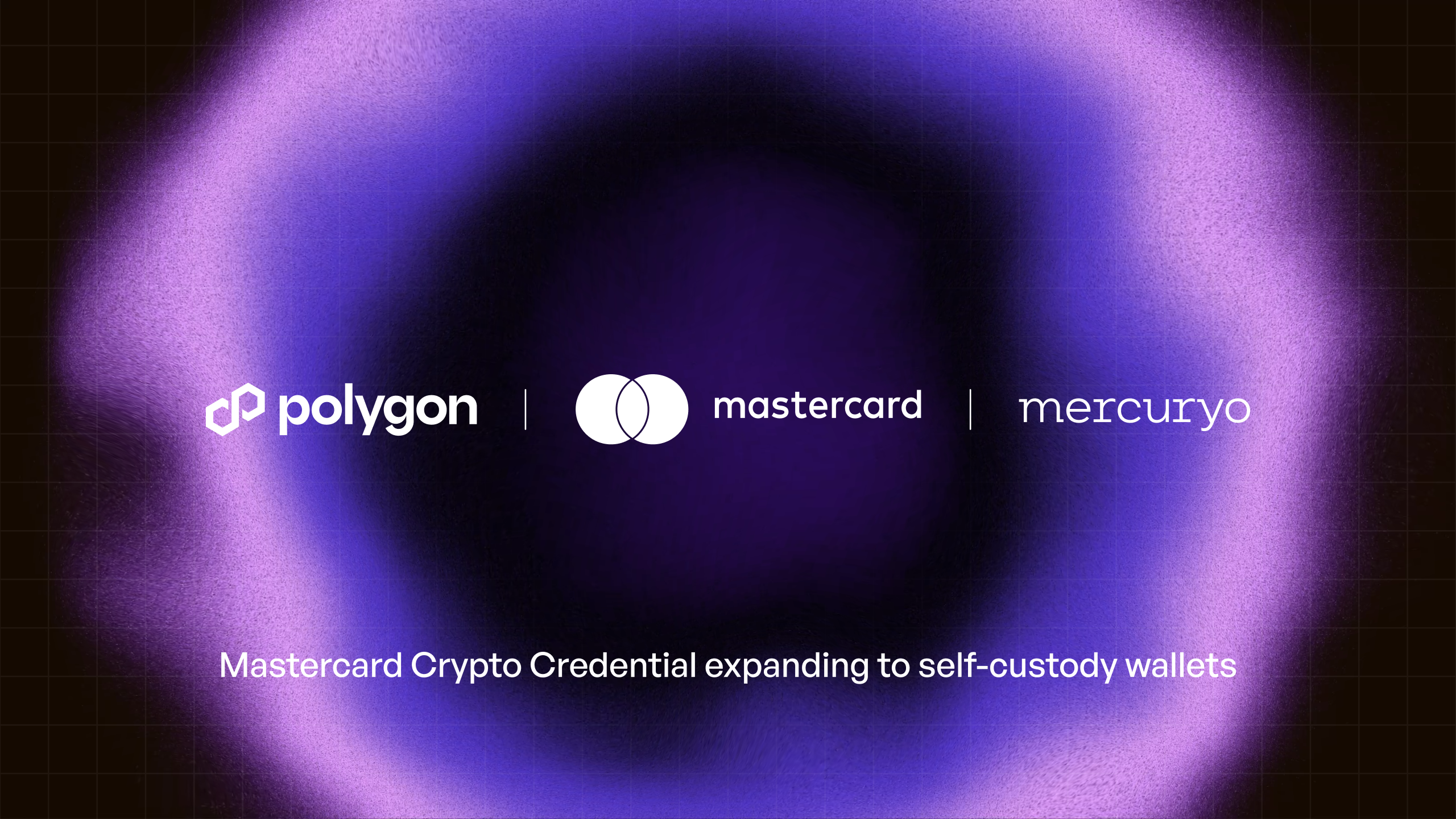
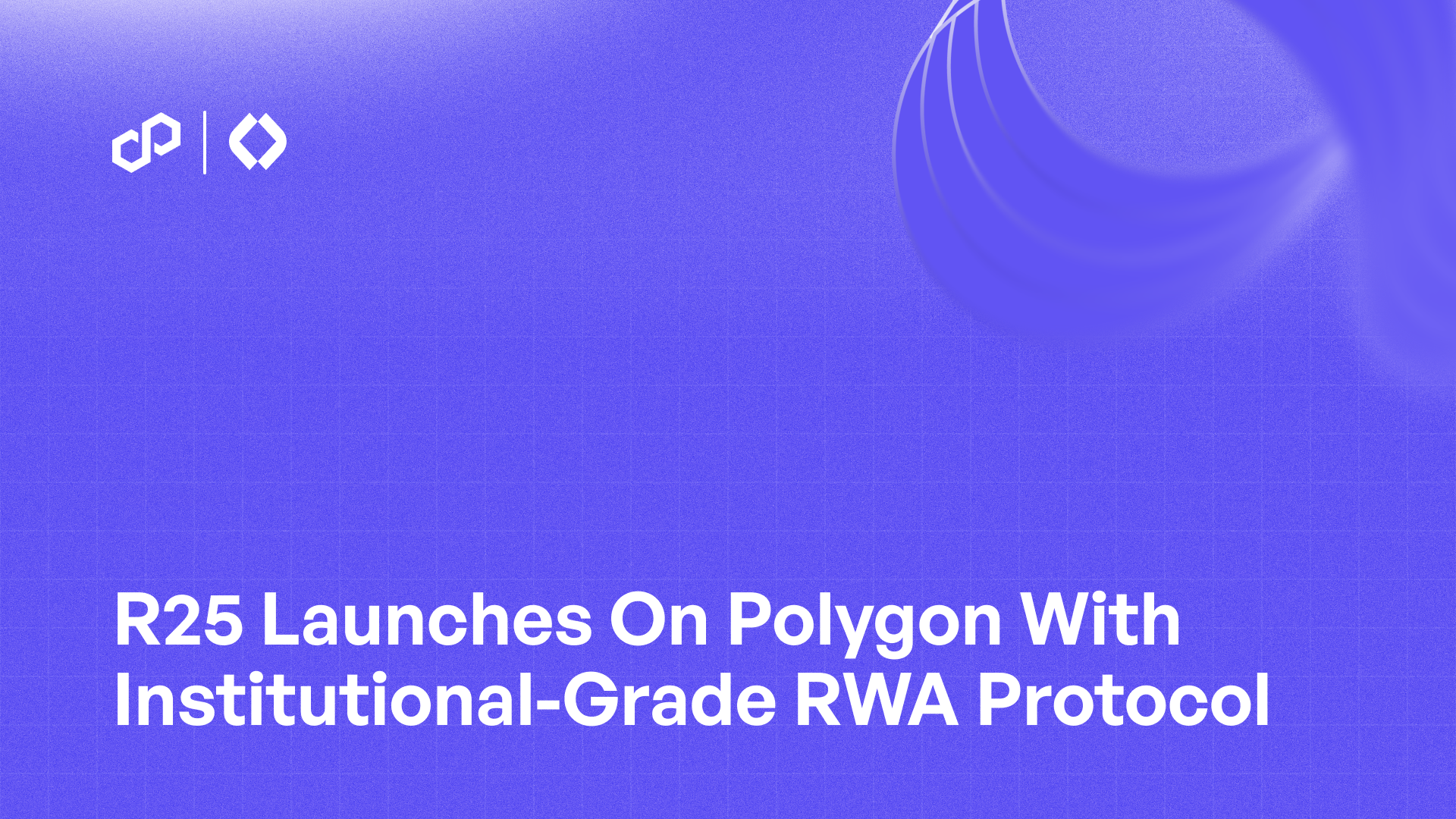
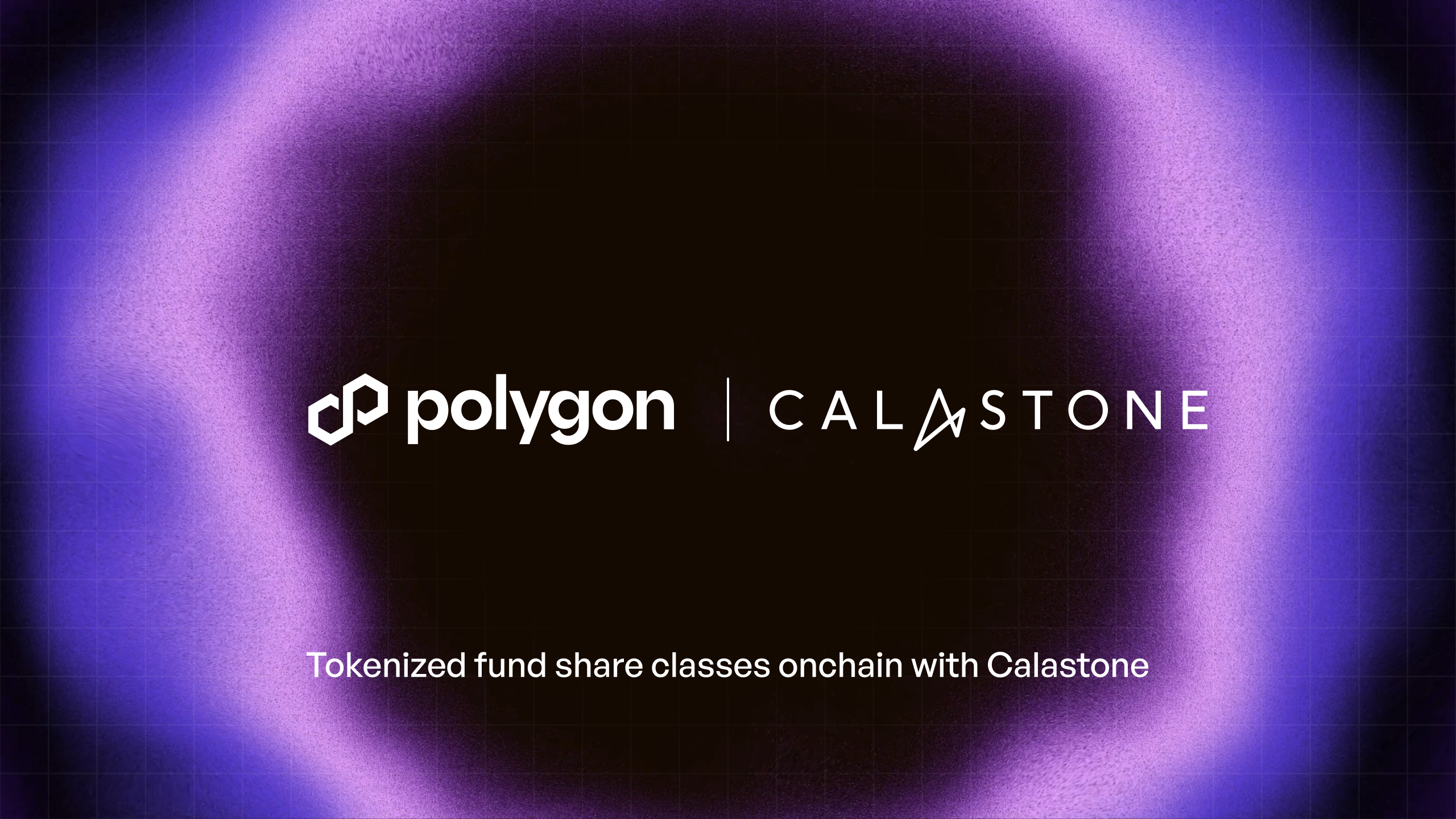
%20(1).png)